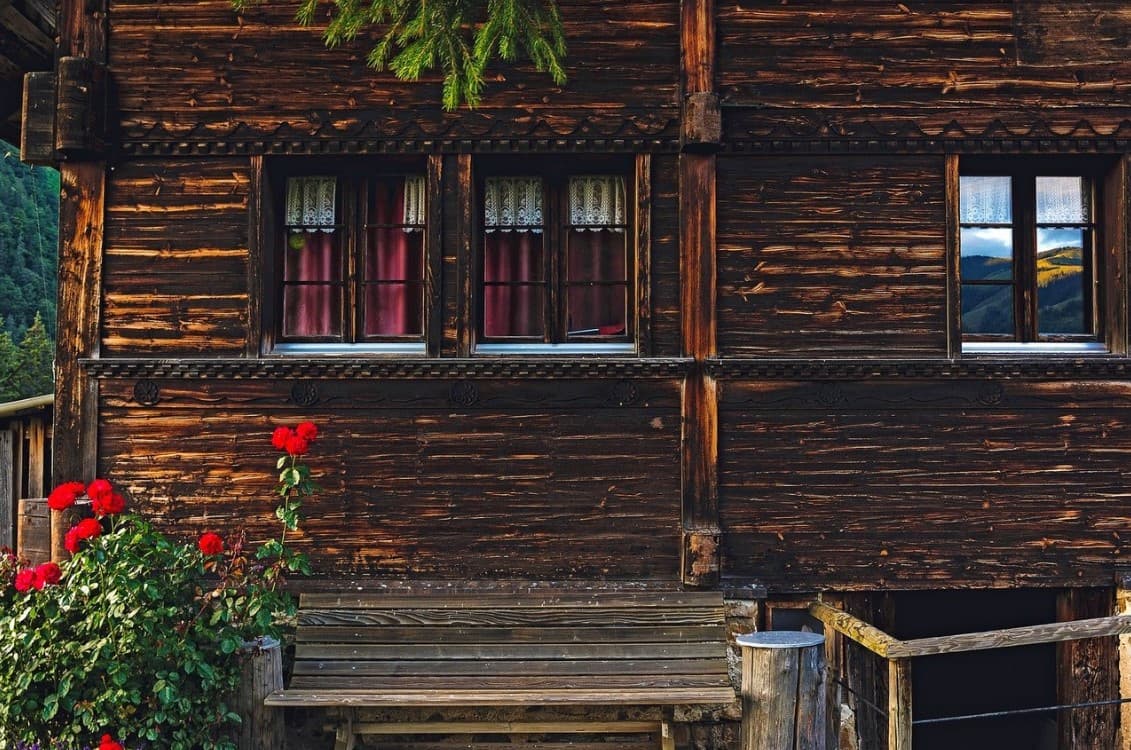Buying a home is one of the most significant financial decisions you’ll ever make, but the process...
Make Passive Income by Renting Your Vacation Home: What to Know
By Megan Wild, Author of Your Wild Home
Whether you’re thinking of renting your vacation home to make income or are thinking of buying a rental property and then renting it when you’re not using it, there are a number of things you should know. Passive income doesn’t happen automatically. Here’s a brief list every savvy owner should be aware of.
Consider Your Market
1. Assess the Financial Picture
First things first. Do some spreadsheets on your anticipated expenses for the vacation home. Then add what you would need if you rented it part of the time:
- Would you manage it yourself?
- Would you hire a company to manage it?
- What would the cost of amenities be?
Guests will expect fresh sheets and towels, soaps and other items frequently offered by hotels. Be sure to add all these in.
Do some estimations on how much you can charge for rent. As a general rule of thumb, rental prices in the off-season are less than in high season. If rentals for a lakeside mountain cottage are $3,000 per week in the peak season, they will be roughly $3,000 per month in the offseason. Can you cover costs with this and still make a profit? Be sure to factor in likely vacancy rates.
2. Make a Marketing Plan for the Property
Draw up a marketing plan. You will need to define likely prospects to rent your home. If your home is in the mountains, will it attract hikers or skiers? If it’s by the beach, will you see vacationers in summer or winter? Where will you advertise? Think about where to list your property that makes it most likely to be seen.
Many people choose a rental by the photographs of it online. Be sure to take a complete set of pictures, inside and out. Make sure the lighting is good. Show the views and the most attractive features.

3. Determine How Weather Conditions Will Affect Your Rental
Be sure to consider how weather conditions will affect people’s desire to rent your property. A lakeside home might be very appealing in summer. But will it be appealing when the weather turns cold? Similarly, if you have a ski chalet, can you attract people in summer?
You might want to target seasons like early fall and late spring when you won’t be using your property and it will be appealing to renters.
4. Ensure Safety in All Conditions
Your rental property must stay safe in all conditions. If you live in a heavily forested area, is it safe from forest fires? If you live in an earthquake zone, is the structure solid? Take steps to improve the home. Post-tensioned concrete strengthens structures that are susceptible to seismic shifts, for example.
Then, add statements to the description of the property in your marketing material explaining it has been renovated to meet the highest standards of safety.
How to Be a Landlord
If you rent out your condo or home, you will become not just a property owner but also a landlord. Here are some things you must do to adapt to your new identity.
1. Develop Your Lease Agreement
Research vacation lease agreements in your area so you know what the standard provisions are. Your lease should specify the rent and amount of security deposit. Take a set of pictures when the vacation tenants move in. Compare the images with the condition when they move out.
Will you allow smoking? Pets? The potential wear and tear on your property is significant for both, but each may also attract tenants. Policies should be part of the lease agreement.
Specify the number of people allowed to rent, especially if you are likely to draw groups of students. Students often come in large groups to share costs, but large groups can also be more prone to causing damage.
Ask for references for all tenants. Have they paid rent on time previously? Are they financially solvent?
2. Decide Who Will Maintain and Clean the Apartment
Before you rent, it’s essential to decide who will maintain and clean the house and property. If you live close, will you do it? If not, you’ll need to engage maintenance and cleaning people. Ask around for experienced people with references.
3. Determine How You’ll Welcome Guests
You need to develop a welcome package, much like hotels do:
- Include a list of nearby restaurants, places of worship, grocery and drug stores, and places of interest.
- Tell them where the keys are.
- Leave a phone number in case they need to contact you.
- Emergency numbers are also a good idea.
If you are close, you may want to drive in and greet your guests at least on the first day. If not, decide who will welcome them and give them the keys.
Many people with a vacation home or thinking about buying one dream of obtaining passive income from a rental. It’s an achievable dream, but be sure to consider the market for your home and area and the nuts-and-bolts requirements of being a landlord before you dive in.


